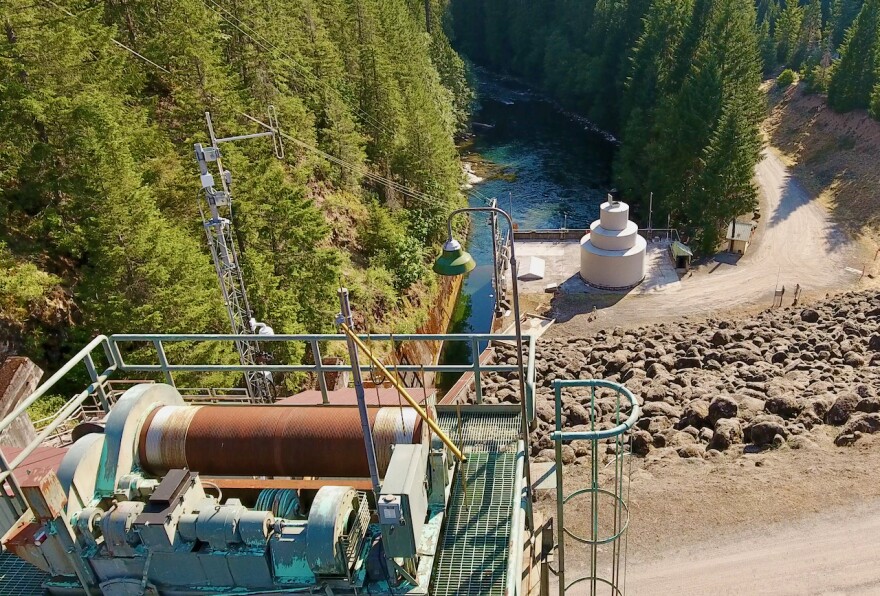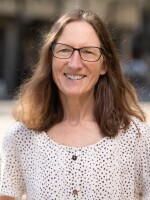Are small-scale nuclear reactors part of Eugene’s future? The Eugene Water and Electric Board suggests it's a possibility.
If demand for electricity increases quickly, new projections show EWEB will need to add another source to the current mix of hydro, wind and solar power. EWEB spokesperson Aaron Orlowski said that’s especially true for winter days when it’s cloudy, calm, and streamflow is low.
He said the utility has committed to be 95% carbon free by 2030. It’s currently at 90%. And there aren’t many low carbon, on-demand choices.
So-called “small modular nuclear reactors” are made off-site and can be scaled up and down, said Orlowski.
“The new technology has some advanced safety features, so that if something goes awry, then the plant just sort of shuts down, there’s not a risk of a meltdown," he said. Nevertheless, "it’s still a nuclear reaction, so there are still concerns that some folks have about waste.”
Biomass plants, which burn lumberyard waste, are another possibility for EWEB. Orlowski said the utility will also watch for emerging technology that may be viable in 10 to 20 years.
“(Electric vehicle) charging is going to be a main—if not the main—driver of increased electricity demand," he said. "If you come home from work at night and just plug in your EV, that’s adding demand to the grid when demand is already high.” He noted most electric vehicles can be programmed to charge at any time.
EWEB's recent long-term study found that shifting EV charging to off-hours could reduce peak demand by 40%, said Orlowski, who added that the utility is looking at incentives such as varying costs depending on the time of day. He pointed out EWEB also pays more to supply power during high-demand hours.
Orlowski said if Eugene voters approve the natural gas ban for new low-rise residential construction this fall, it would increase electricity use, but he said EV’s have far more impact.





